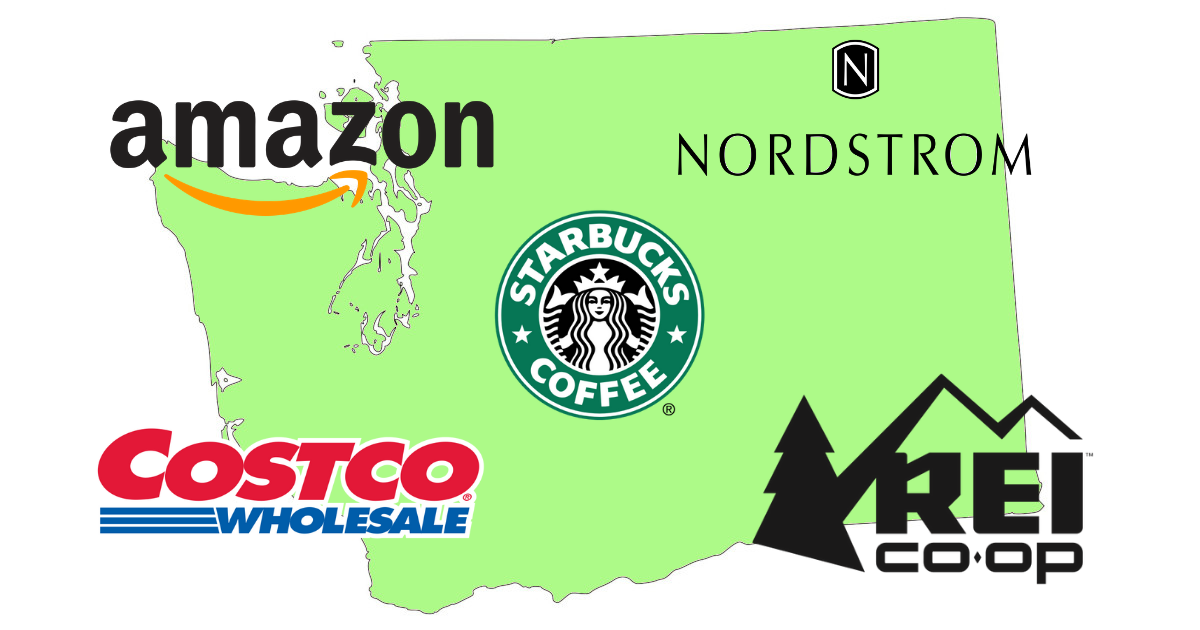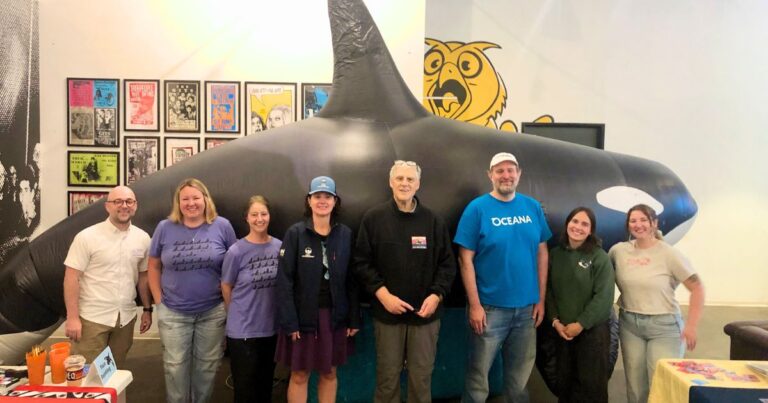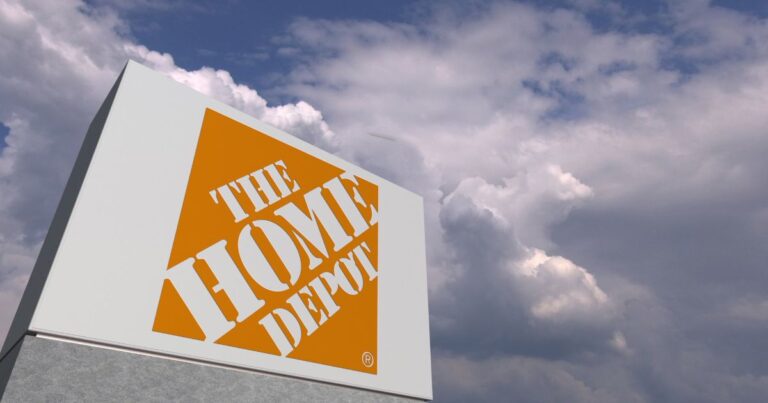By Jen Dickman, Senior Program Associate at Safer Chemicals Healthy Families
Seattle is known for innovation, big ideas, and bold solutions. The use of harmful chemicals in products that cause pollution of our homes, communities, drinking water, and wildlife is one problem some Seattle-area retailers are tackling head on, while others are lagging behind.
Protecting our most vulnerable populations and species by preventing pollution should not be just an option, it should be at the core of a retailer’s business model. Companies can make sustainable products and packaging with safer chemicals and materials that don’t harm our health, contaminate salmon and orcas, or wind up in our drinking water.
Here is a look at Seattle-area retailers and whether they are leading or lagging when it comes to tackling the most dangerous chemical classes like PFAS (per- and polyfluoroalkyl substances), flame retardants, and phthalates.
Our Mind the Store campaign released the 5th annual Who’s Minding the Store retailer report card that graded 50 of the top U.S. and Canadian retailers on their safer chemicals policies and practices. The report has already gotten a significant amount of press coverage, including this great story in CNN.
Five of these companies are based in Washington state: Amazon, Costco, Nordstrom, REI, and Starbucks. REI was evaluated for the first time this year, while the others were graded in past retailer report cards.
How does retailer action match up with state action?
Washington was the first state to put in place a state ban on PFAS in food packaging that will begin taking effect in early 2023, but Starbucks still hasn’t publicly committed to ending its use of PFAS. Amazon restricted PFAS in Amazon Kitchen-brand food packaging sold in Amazon Go, Amazon Go Grocery, Amazon Fresh, and Fresh grocery delivery, but has not restricted PFAS in other private-label or brand-name food packaging.
Washington is also implementing its Safer Products for Washington law that will likely result in regulations on priority chemical-product combinations including PFAS in aftermarket stain and water resistance treatments and leather and textile furnishings, flame retardants in electronics, bisphenols in thermal receipt paper and food and drink cans, and phthalates in personal care products and cosmetics.
Washington-based companies have taken some action in this area. REI set a timeline for PFAS to be phased out of all ski wax and clothing aftermarket treatments, Costco’s U.S. and Canadian stores moved to receipt paper free of all bisphenols, and Amazon restricted phthalates in personal care products.
However, this action falls short. REI plans to continue allowing some PFAS in brand-name footwear, jackets, sleeping bags, and tents and Costco has not restricted all PFAS in textiles. Further, Amazon has yet to address the worst flame retardants, including those in TV casings, that wind up in our homes, bodies, and wildlife.
How do Amazon, Costco, Nordstrom, REI, and Starbucks rank?
Overall, the report found that nearly two-thirds of evaluated retailers (64%) have disclosed notable progress since November 2019, when the last report card was released. This includes three of the Washington state retailers: REI, Costco, and Amazon.
In a strong showing for its first grade in the retailer report card, REI earned a B with 77 points and ranked 8th of the 50 retailers evaluated. The outdoor apparel retailer maintains safer chemicals policies for private-label and brand-name products. REI has eliminated polyvinyl chloride (PVC) from most private-label products, brought to market its first flame-retardant free tent, plans to phase out flame retardants from other private-label tents, and restricts certain flame retardants in brand-name camping shelters. The retailer is targeting PFAS for phaseout in private-label products (although the company has not adopted a timeline). However, except as noted above, REI only restricts a small subset of PFAS in brand-name products. It is critically important for REI to phase out all PFAS from textiles, so the company doesn’t move to regrettable substitutes within the PFAS class that generate toxic pollution across the textiles’ lifecycle.
How the retailer can improve: We urge REI to swiftly phase out all PFAS in all private-label and brand-name apparel and other products and also set bold public goals and timelines to restrict other key toxic chemicals.
Costco earned a B- with 65.5 points and ranked 13th out of 50. The company was named one of the most improved retailers since the last report card in 2019 and since it was first graded in 2016. In 2017, the company adopted a safer chemicals policy with a strong screening program to identify and reduce or remove toxic chemicals in multiple product categories. Since the last report card, Costco announced it is working with the software platform SciveraLENS to conduct safety assessments on the ingredients and impurities in private-label and brand-name formulated products. This information helps Costco figure out which chemicals need to be replaced and ensure alternatives are safer.
How the retailer can improve: Costco should disclose all chemicals that it restricts in each product category, and set bold public goals and timelines to phase out at least all toxic flame retardants, PFAS, phthalates that may be in the products it sells, as well as toxic chemicals that may be in its food contact materials.
Amazon earned a C+ with 56.75 points and ranked 18th out of 50. The company was named one of the most improved retailers from the F it received when first graded in 2016. In 2018, Amazon published a safer chemicals policy and restricted substance list for certain private-brand product categories. In 2020, Amazon announced it was expanding the policy to restrict toxic chemicals and plastics such as polystyrene in food packaging, but the restrictions only apply to its Amazon Kitchen-brand products sold in Amazon Go, Amazon Go Grocery, Amazon Fresh, and Fresh grocery delivery.
How the retailer can improve: We call on Amazon to comprehensively expand its safer chemicals policy to cover other chemically intensive private-label and brand-name products such as electronics and clothing and set public quantifiable goals with clear timelines for phasing out at least PFAS, toxic flame retardants, and phthalates.
While this year’s report card had the lowest-ever percentage of retailers with failing grades, twelve companies still earned letter grades of F for failure. Unfortunately, Nordstrom and Starbucks were in this group once again, joining 10 peers in the 2021 Toxic Hall of Shame. These companies have received F’s for three years in a row. Nordstrom and Starbucks can protect their customers and improve their scores by developing and implementing strong public written safer chemicals policies.
Raise your voice! Send a message to the retailers who earned an F to protect their customers! With a single click, you can send a message to all 12 CEOs.




